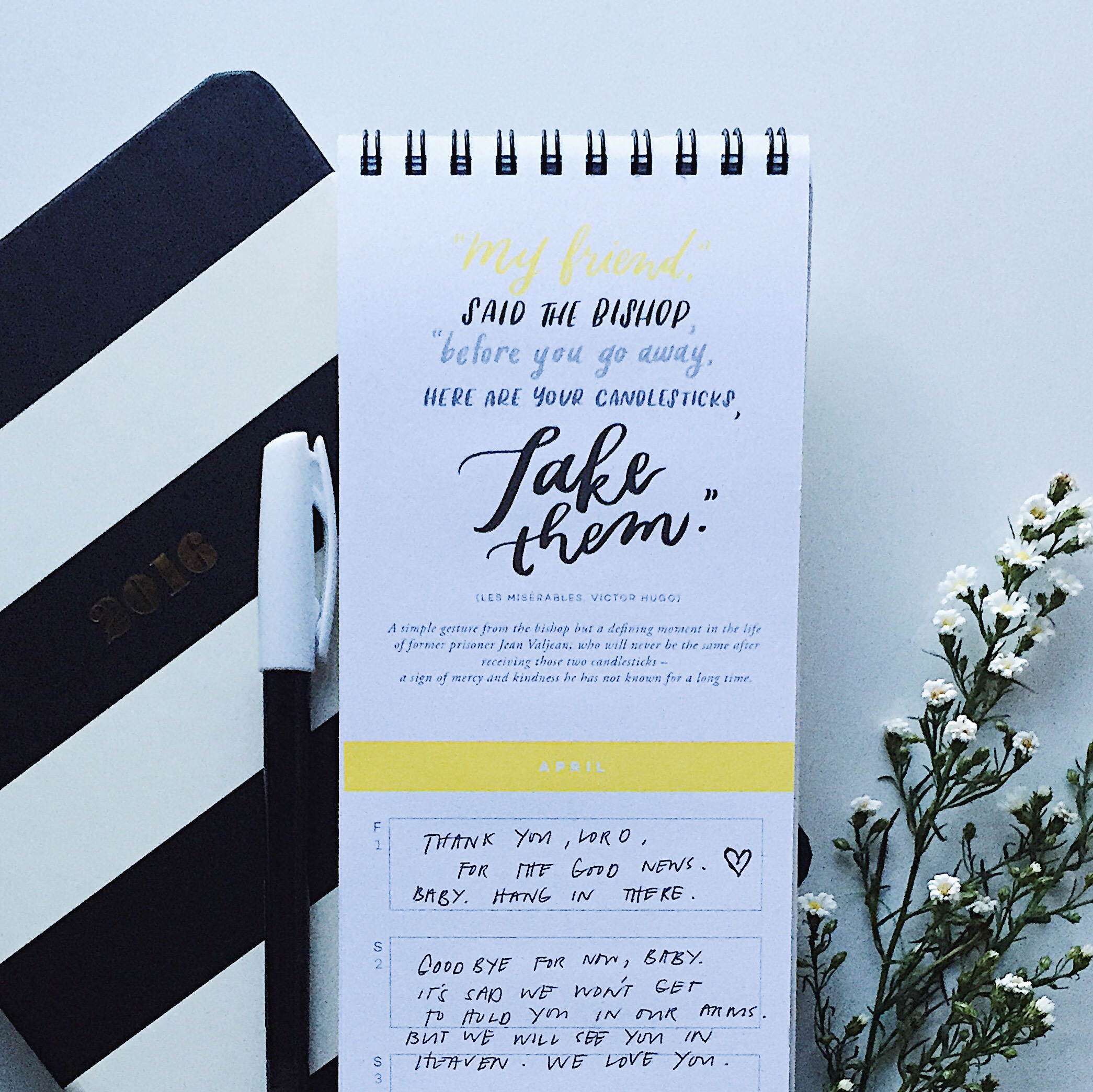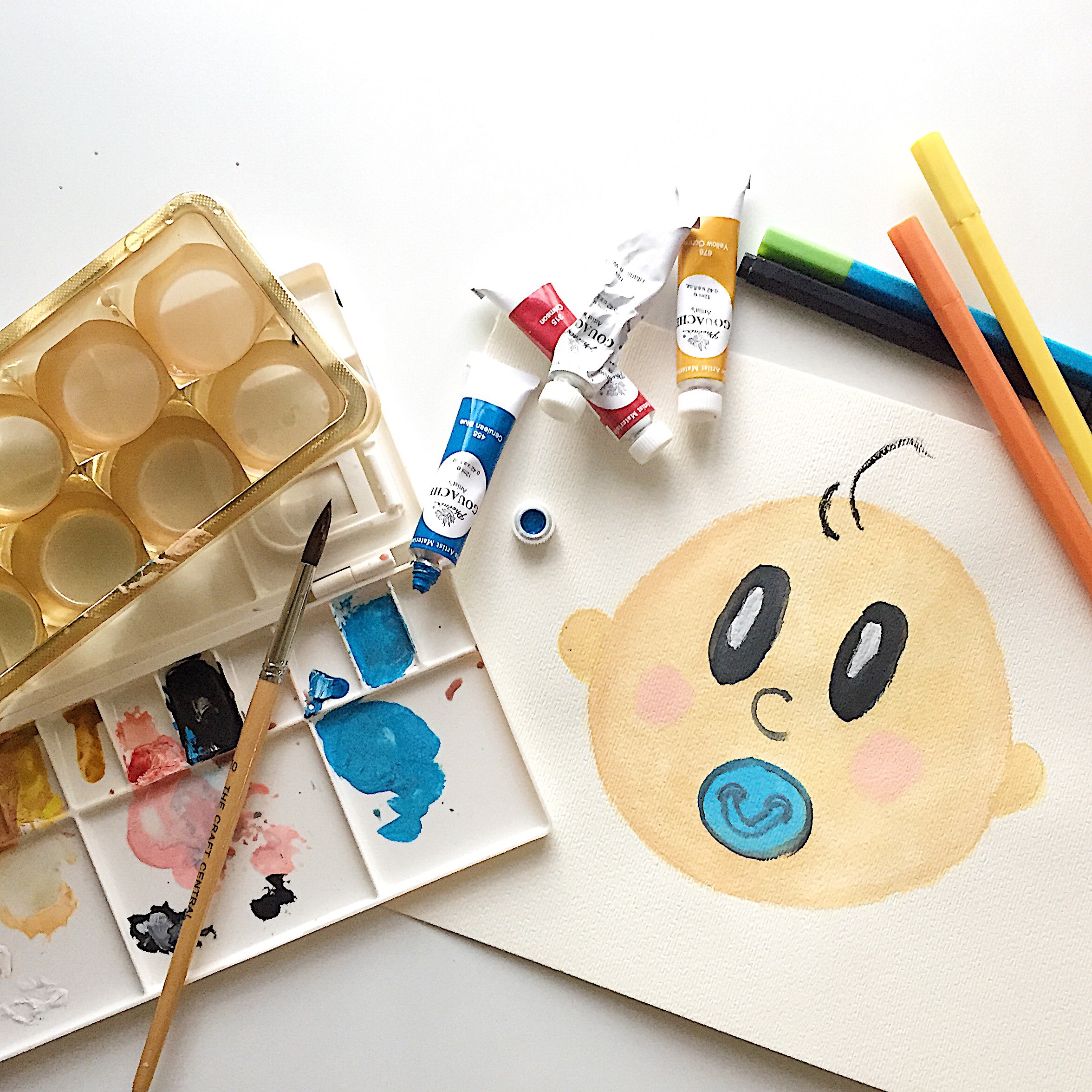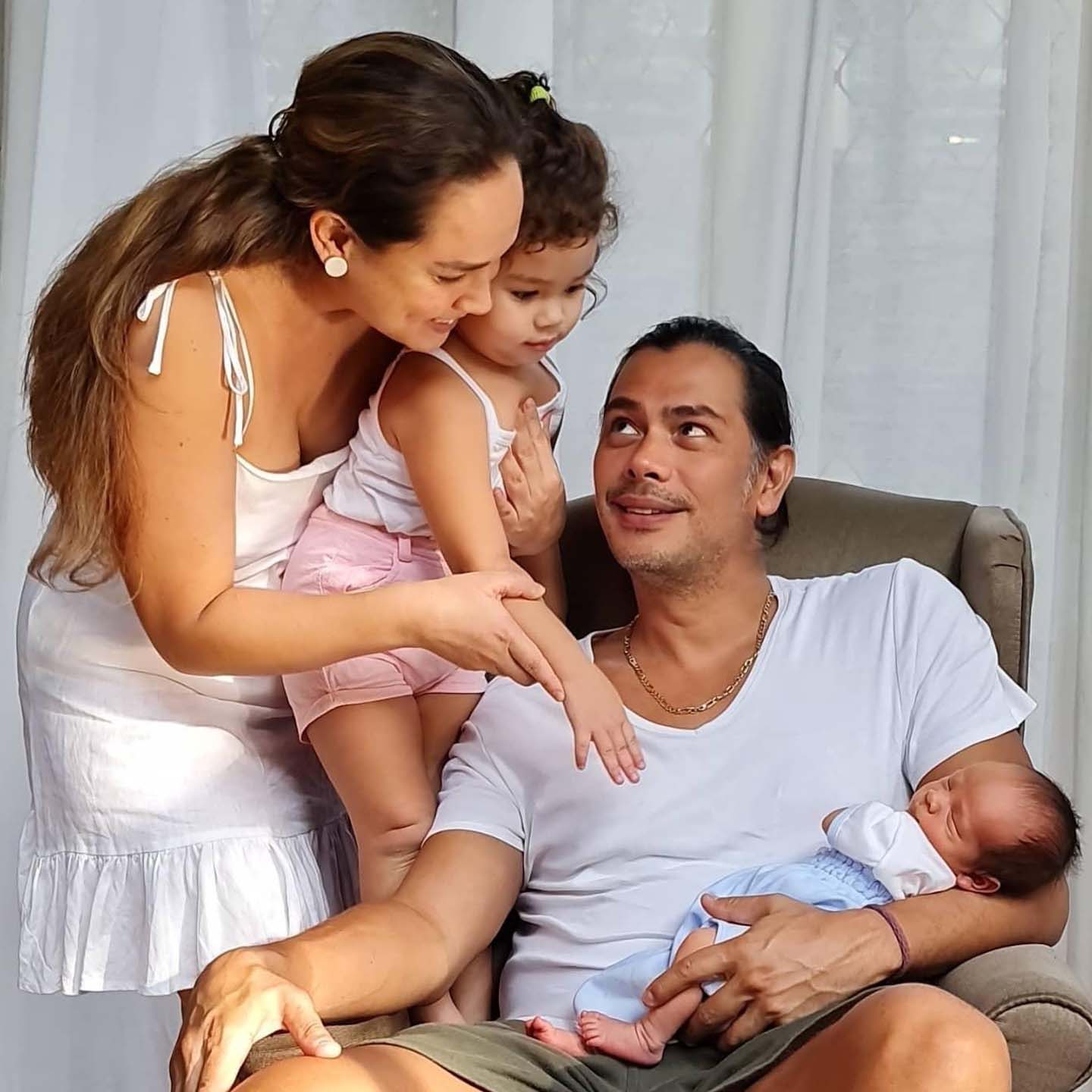Tags: family Lifestyle Blog Lifestyle Blogger Lifestyle Blogger in Manila Philippines Meg Hernandez Meghann Hernandez miscarriage Mommy blogger Mommy blogger in Manila Philippines motherhood pregnancy
This story was submitted for my newspaper column back in June 2016. While I intended this to be published on the week of Mother’s Day, I felt a wee bit emotional, still, at that time. I decided to postpone the release at a better timing, when I feel more composed.
Through my years of writing — with my column dedicated to topics along the lines of motherhood, family, passion projects, constructive discourses on parenting dynamics, and success stories of inspiring ladies and individuals — I never thought I would ever write about something as melancholic as miscarriage. It was a subject which was unknown to my family and not one I thought would interest me. That being an uncommon circumstance, a mere conception (for the lack of a better word), it felt unnatural and surreal. Well, until it happened to me.

Seven weeks into pregnancy, my condition was declared as a threatened abortion. I was in the midst of an important teleconference in the office when I started to feel blood trickling down. I tried not to panic, and decided to finish the last few minutes of the call before I ring my husband to pick me up and rush me to the hospital. I was scared and confused because I didn’t know what to do and why I was bleeding. I was confident in the fact that I had put in extra care into this second pregnancy, as soon as we saw the two pink lines on the EPT. After some tests, I was told by nurses and doctors that it was a threatened abortion which caused the bleeding, but they assured me that the baby was still okay. I was sent home and was given medications and strict instructions to stay in bed for a couple of days. And I did exactly what I was told.
Since then, we would still get the scares, with more blood coming out each day. We were at the delivery room almost every afternoon to get myself tested. The last ultrasound result, dated on April 1, showed the little gestational sac intact. I was relieved and happy as we drove back home. It then became a mere momentary bliss as I started to feel contractions and severe cramps on my lower back and abdomen. Then, come afternoon of April 2, the sac came out as I bled. At that moment, I had this was wild thought that I was a victim of an April fool’s joke as the assurance given to me the day before turned out to be a misconception.
My husband and 9-year old daughter, Tatiana, were hysterical and they sobbed as we made our way back to the hospital. We were instructed to bring the sac to the laboratory for testing and analysis. Even with that little meat-looking piece, my little girl was so gentle in placing it in a plastic box, as she whispered, “Baby, why do you have to leave? Don’t you want to stay with Ate, mommy and daddy?” It broke my heart even more to see both my daughter and husband in such pain. I was distraught and confused. I couldn’t understand why, despite the extra care and effort, we had lost our baby. I couldn’t fathom how, as compared to my first pregnancy experience, this one could be so delicate and unsuccessful. With my first, I wasn’t as healthy nor was I emotionally and financially ready. I was a single mom striving through my first job, without immediate family in reach for help and support. Yet, I managed to survive the intricacies of childbirth and parenthood single-handedly. Now, with more support available and a husband to share this new journey with, I couldn’t understand why I could ever suffer a miscarriage.
The medical explanation from doctors and nurses was also difficult to accept, at first hearing. For some reason, despite days of bed rest, medications and positive results shown on ultrasound the past days, our baby’s growth didn’t progress as everyone had hoped. According to my OB-Gyne, it was also nature’s way of letting go of what was not going to be viable. On a lighter note, they did get to convince me that it was better that way, instead of going through a difficult pregnancy through which both our health could be at risk, or the baby be born with complications and congenital ailments. In my heart, I realized my baby was just spared from any pain and difficulty which could have come with a difficult pregnancy. That somehow put logic into my previous assumptions.

After doctors have cleared my uterine lining and took out remaining tissues through Dilation and Curettage (D&C) procedure, I was sent home and endured weeks of bleeding and cramping. The discomfort and emotional stress of things kept me in tears during the first few days of recovery. Despite coming to terms with everything that happened, I still cannot deny the fact that miscarriage is traumatic for any mother. I found it ironic that through this road to recovery, I am reminded of my loss almost every day. The experience is pretty much like giving birth —- you pay the same amount for a normal delivery, endure bleeding and contractions, take the same precautions and follow physical restrictions after the procedure (meaning you keep the baby weight until you’re allowed some exercise) — all those except that, at the end of the day, you don’t have the baby with you.
For those who are experiencing the same loss, I feel and share in your grief. Allow me to share with you some takeaways, some realizations I gained from spending hours either in solace or in the company of people who matter.
You grieve and that’s fine. Sometimes, expressions of sympathy, instead of being a comfort, can be difficult to handle. For a time, you may feel lousy and think the world is not at all right. Do not overlook the simple fact that a miscarriage is a serious, devastating loss and grieving is one way of coping. But do not blame yourself for the miscarriage — it is no one’s fault. Well-meaning people might sometimes even say things like, “Well, just have another child. Then all will be better.” It is a good consolation, but, truth is, it will never replace the child you lost. That child will always be autonomous in your thinking. On a lighter note, while having more children doesn’t lessen the loss you felt at having lost a child, it can be part of the solution and overall process of moving on. The pain of bereavement can, likewise, leave you feeling isolated and alone. It is important (and imperative) that you have moral and emotional support from people around as you try and regain that sense of normalcy. Come to terms with your own pace and recovery, and do not stop from moving forward. Believe that each day will be better. Find triumph in the little improvements you make and let that inspire and drive you to pull through.
As for me, what made grief and recovery more bearable and less painful were the attention, love and encouragement from family and friends. Some, who didn’t even know me personally, reached out to give words of comfort, and friends on social media, who experienced the same loss, also made an effort to get in touch with me and help me deal with my emotions. I believe God has purposely made it possible for me to have a deeper connection with my family, friends and people in the community to help me move on, to make me understand that I am not alone, to give me hope and make me see the brighter side of tomorrow.
As weeks went by, I’ve finally acknowledged that my feelings are valid and normal. I thought it was a little weird of me to just burst into tears while I’m praying. There are days when I am genuinely okay and there are days when I either keep to myself or tear up. I am just taking things as they come. One day at a time. I guess all these are part of healing. Maybe moving on means being at ease with your pain and finding comfort in God’s purpose and plans.
—
Story published on my newspaper column in Edge Davao.





